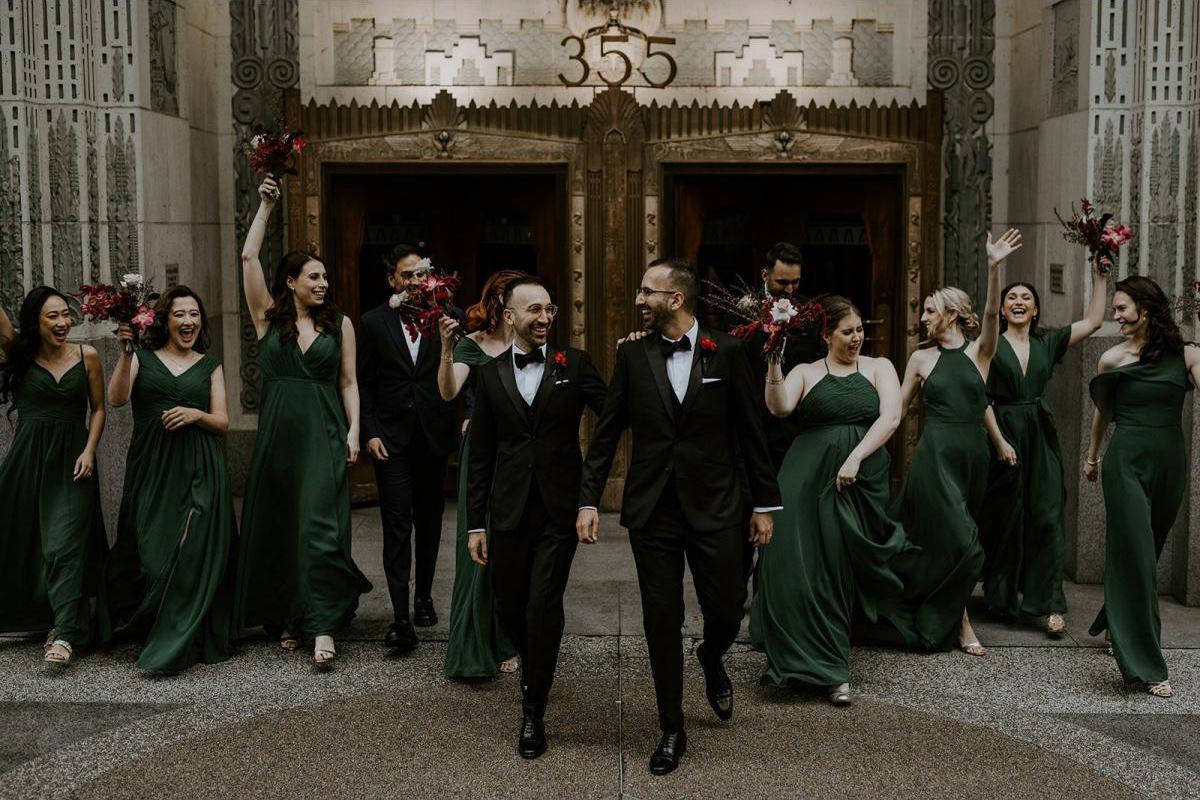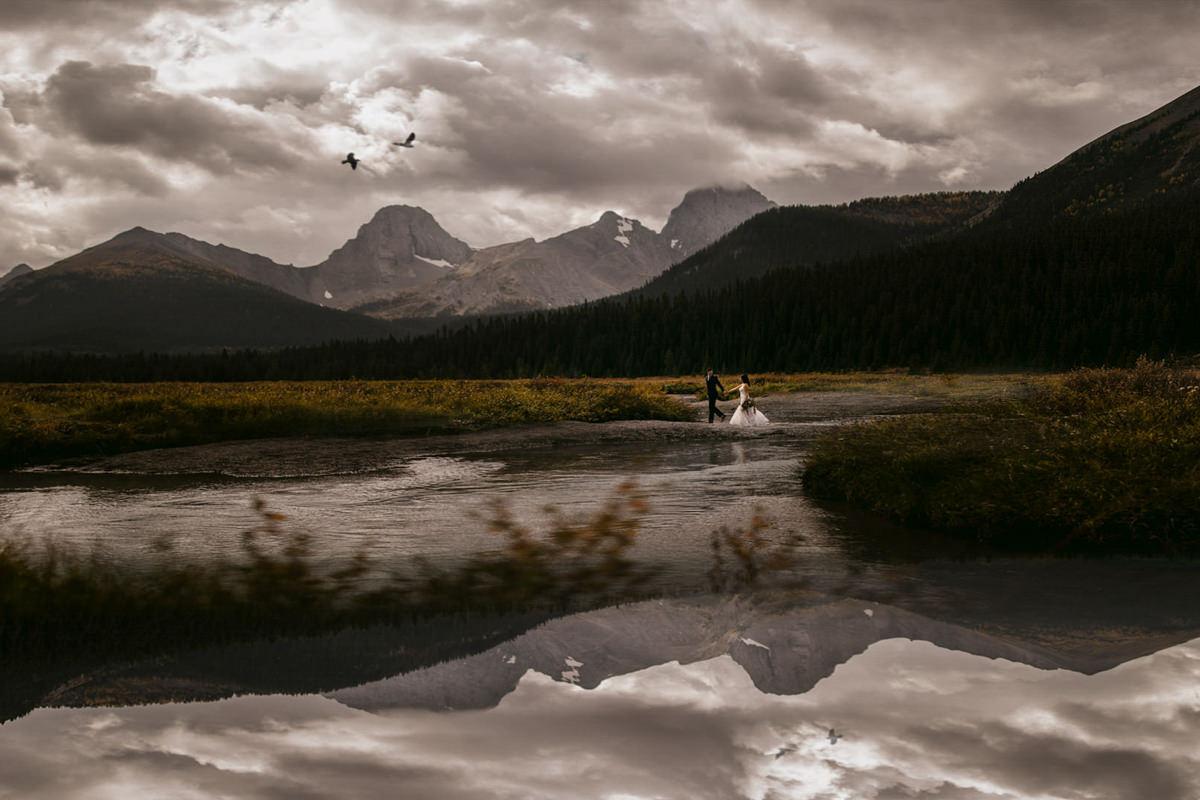Navigating Marriage Legalities
Before you can get married in Canada, there’s one essential piece of paperwork you can’t skip: your marriage licence. Whether you're planning a full-scale celebration or a small elopement, this legal document is required—and the process varies depending on where your ceremony will take place.
This guide covers the national basics and links to detailed, province-specific guides so you can apply with confidence.
Curious about how this system began? Learn more in The History of Marriage Licences and Legal Unions in Canada.

What Is a Marriage Licence?
A marriage licence is a legal permit that authorizes a marriage to take place. It confirms that both parties are eligible to wed under Canadian law and allows an officiant to legally perform the ceremony.
It’s different from a marriage certificate, which you receive after the wedding and use for official name changes, spousal benefits, and more.
Who Can Get Married in Canada?
To legally marry in Canada, both parties must:
- Be at least 18 years old (or have parental/guardian consent, depending on province)
- Be unmarried
- Be mentally capable of consenting to marriage
- Not be closely related by blood or adoption
Canada also fully recognizes same-sex marriages nationwide.

Where Do You Get a Marriage Licence?
Your marriage licence must be issued in the province or territory where the ceremony takes place, not necessarily where you live. So if you're planning a destination wedding within Canada, be sure to apply in the region where the wedding will happen.
Planning a destination celebration within the country? How to Plan a Destination Wedding in Canada (coming soon)
General Requirements (May Vary by Province):
|
Requirement |
Most Provinces Require |
|
Valid Government ID |
Yes (usually 2 pieces) |
|
Fee |
Yes (varies by province, ~$100 average) |
|
Both parties present |
Usually, but some provinces allow one |
|
Waiting period |
None in most provinces |
|
Validity |
Typically 30–90 days |
|
Residency |
Not required in most provinces |
|
Blood tests |
Not required anywhere in Canada |

Province-by-Province Marriage Licence Guides
Click below for step-by-step local guides:
- How to Get a Marriage Licence in British Columbia
- How to Get a Marriage Licence in Alberta
- How to Get a Marriage Licence in Saskatchewan
- How to Get a Marriage Licence in Manitoba
- How to Get a Marriage Licence in Ontario
- How to Get a Marriage Licence in Quebec
- How to Get a Marriage Licence in Nova Scotia
- How to Get a Marriage Licence in New Brunswick
- How to Get a Marriage Licence in Newfoundland and Labrador
- How to Get a Marriage Licence in Prince Edward Island
- How to Get a Marriage Licence in the Northwest Territories
- How to Get a Marriage Licence in Nunavut
- How to Get a Marriage Licence in Yukon
Final Tip: Don’t Leave It Too Late
Marriage licences expire—often within 30 to 90 days—so time your application carefully. Apply too early and you may need to redo the paperwork. Apply too late and you risk not having a legal wedding at all.
Photographers, planners, and officiants will often remind couples about the licence—but ultimately, it’s your responsibility. Add it to your checklist early.

Common Mistakes to Avoid
Marriage licences aren’t difficult to get, but they are easy to get wrong. Be sure to read:
Common Mistakes Couples Make When Applying for a Marriage Licence in Canada
And: Can You Get Married in a Different Province than Your Licence?
Continue Planning Your Wedding
- How to Choose the Right Wedding Photographer in Canada
- Canadian Wedding Planning Timeline: Month-by-Month
- The Ultimate Canadian Wedding Etiquette Guide
- Top Wedding Photographers in Canada
- The Ultimate Guide to Wedding Games (coming soon)